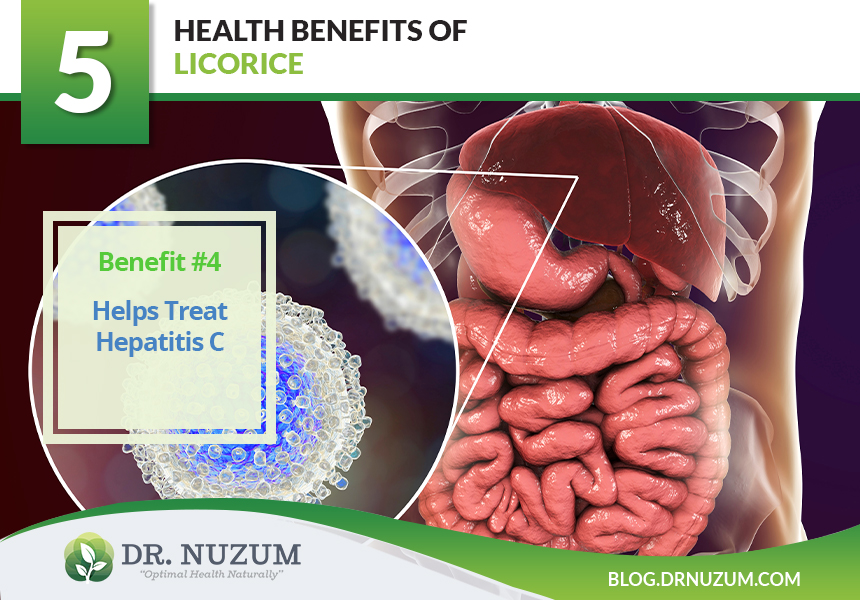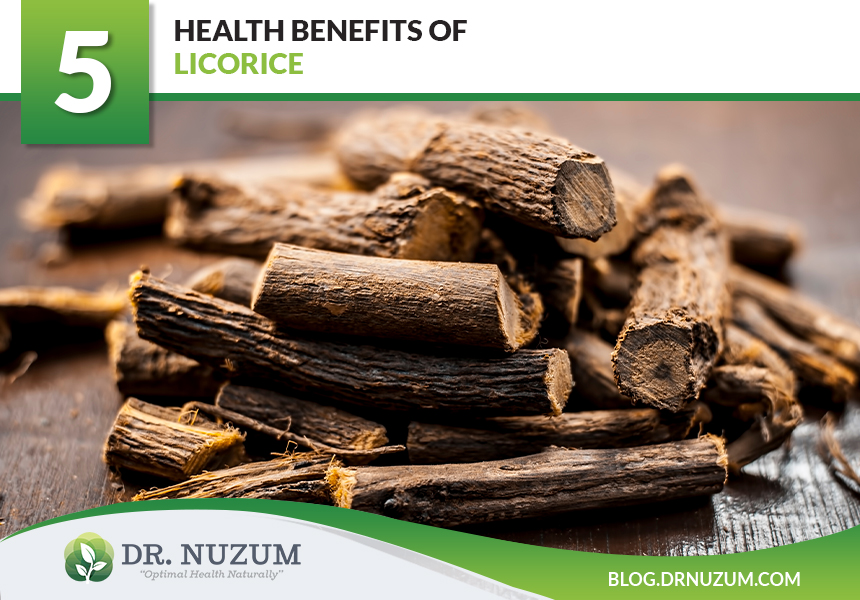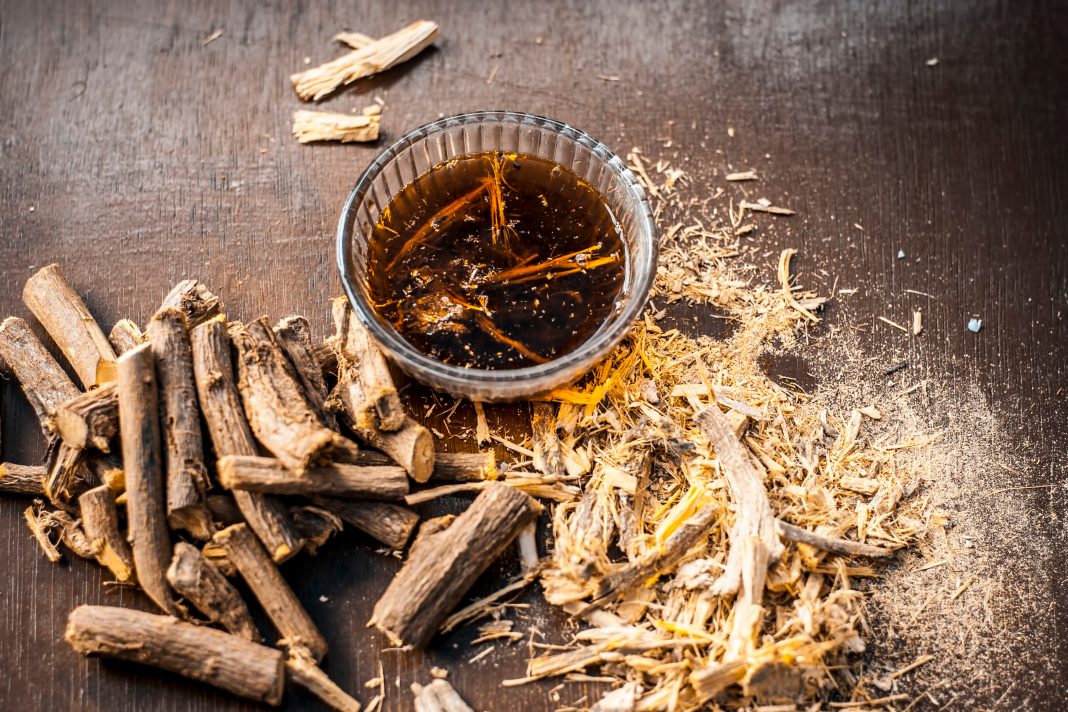Licorice has a long history of use as a remedy for a variety of health problems. Licorice is one of the most delicious herbs available, and it’s no secret that it’s one of the sweetest. Did you know, though, that licorice root contains glycyrrhizin, which can help with asthma, gastritis, hepatitis, heartburn, and ulcers? It also has anti-inflammatory effects that can reduce arthritis discomfort. If you’re searching for an herbal pill to improve your immune system function, consider using licorice.
First, you will discover how licorice alleviates asthma symptoms and aids in digestion. Following that, you’ll learn how to use licorice to treat heartburn. Then, we’ll go over how it helps treat hepatitis C as well as how to alleviate arthritis pain with licorice. After you’ve completed reading, you’ll be able to take advantage of these fantastic health advantages of licorice.

1Relieves Asthma Symptoms
Licorice has been used for thousands of years to improve respiratory function. Licorice can aid in the treatment of asthma. Glycyrrhizin helps loosen and thin mucus, making it easier to get out of the lungs.
Licorice has been used for thousands of years to enhance respiratory function. Licorice is said to aid in the treatment of phlegm and improve respiratory function, according to folklore. When licorice is mixed into medication, studies have shown a decrease in asthma symptoms.

2It Improves Digestion
In Chinese herbal medicine, licorice has been utilized to treat digestive tract issues, such as gastritis, peptic ulcers, and GERD. It works by increasing bile production. This can help break down fat molecules in your meals.
Licorice is also used to treat irritable bowel syndrome stomach discomfort. It works by targeting cortisol receptors (the stress hormone’s receptors). As a result, it prevents the actions of certain things, such as promoting inflammation in your gut lining.

3Treats Heartburn and Ulcers
Licorice contains glycyrrhizin, a natural anti-ulcer drug that inhibits gastric acid secretion. When used regularly as a herbal therapy for these problems, it might help relieve ulcers and heartburn symptoms. Because it’s quite strong, only a small quantity of glycyrrhizin is required to produce ulcer healing effects.
The glycyrrhizin in licorice is the most potent natural anti-ulcer treatment found therein. Glycyrrhizin helps protect the stomach lining from acid damage and promotes ulcer healing. Licorice is useful for treating both gastric and duodenal ulcers as well as heartburn symptoms that are linked with these digestive diseases.

4Helps Treat Hepatitis C
Because it includes a variety of bioactive components that can help reduce the viral load by stimulating cytokines, licorice has long been used in traditional medicine to treat hepatitis C. Glycyrrhizin also protects liver cells from damage caused by hazardous chemicals and medications, such as acetaminophen. According to animal studies, glycyrrhetinic acid enhances the excretion of several drugs, including barbiturates, salicylates, benzene derivatives, and caffeine, via urine and feces.
Licorice root is high in glycyrrhizin, a chemical that protects liver cells from harm while also aiding in water retention. This improves the texture and taste of foods prepared in water, such as rice or pasta. Licorice root contains glycyrrhizin, which has several health advantages.

5Relieves Symptoms Of Arthritis
Anti-inflammatory properties in licorice root may assist with pain. It inhibits the synthesis of pro-inflammatory chemicals called prostaglandins. These prostaglandins cause arthritis symptoms, like swelling, redness, discomfort.
Glycyrrhizin works by inhibiting a chemical reaction known as phospholipase A from breaking down a fatty substance present naturally in cell membranes, phosphatidylcholine (lecithin). This component also boosts the formation of corticosteroids. They also decrease histamine-induced inflammation by decreasing immune response cells that produce histamine.

Licorice root contains glycyrrhizin, which has anti-inflammatory properties and can help with asthma, gastritis, hepatitis, heartburn, and ulcers. It also has anti-inflammatory effects that may help relieve arthritic pain. If you’re looking for a natural way to boost your immune system, consider using licorice.
To start, you learned how licorice alleviates asthma symptoms and aids in digestion. Then, you learned how to use licorice as a remedy for heartburn. Using licorice to help treat hepatitis C was then covered, followed by how licorice can reduce inflammation. Now that you’ve finished reading, you may utilize these incredible health advantages of licorice.

